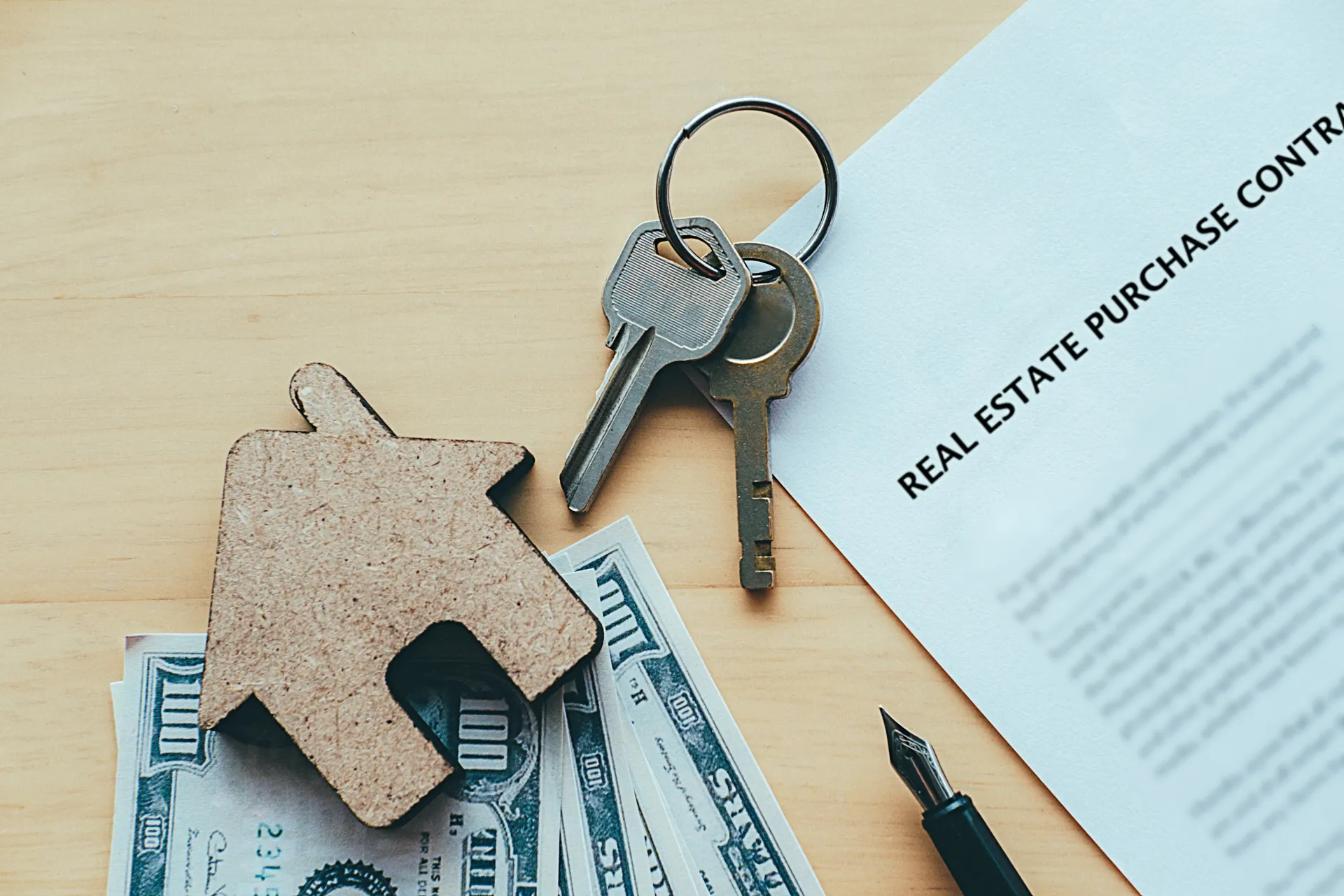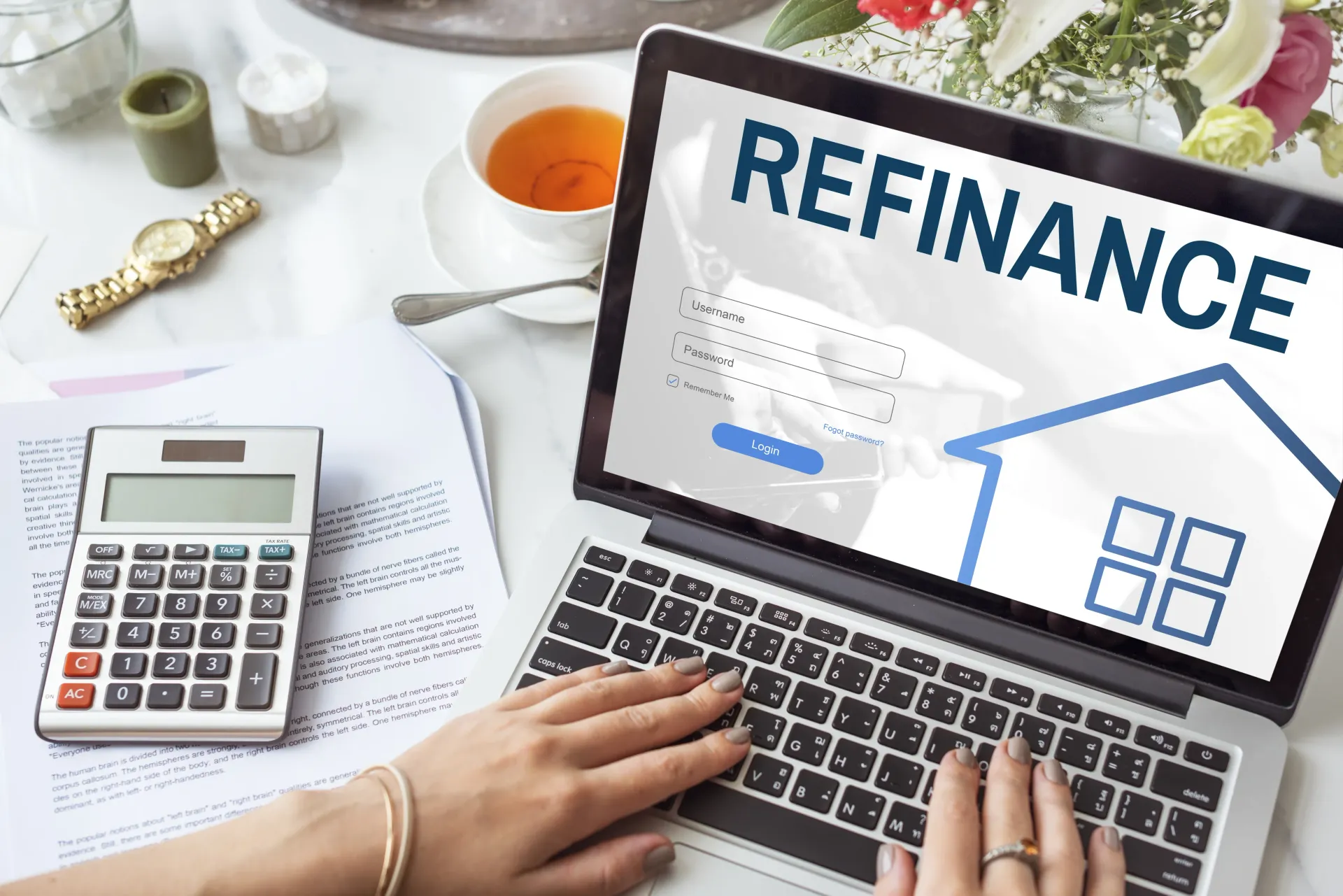Bridge Loan Options: Which One is Right for Your Property Purchase?
Buying property can move fast—too fast. That’s where bridge loans come in. They act like a financial “bridge” to get you from one place to the next while you're waiting on longer-term financing or the sale of another property. But not all bridge loans are created equal. Depending on your situation, some will work better than others.
This article explores everything you need to know about bridge loan options. Whether you’re buying a new home before selling your current one, or an investor jumping on a hot deal, there’s a loan out there that fits your needs.

Understanding Bridge Loans: The Basics
A bridge loan is a short-term loan used to “bridge” the gap between a property purchase and securing permanent financing or selling another asset. These loans are commonly used in real estate when timing is critical. They usually last 6 months to 3 years, offering fast access to funds but at higher interest rates than traditional loans.
Bridge loans come with several advantages:
- Speed: You can close quickly.
- Flexibility: Fewer requirements than traditional mortgages.
- Leverage: Helps you avoid contingent offers.
But be aware—they also have risks like high interest rates, fees, and balloon payments.
Owner-Occupied Bridge Loans
If you're buying a new home to live in before selling your old one, an owner-occupied bridge loan might be your best option. These loans are tailored for personal residential use. They help you put a down payment on a new home before your current home sells.
Key Features:
- Based on the equity in your current home
- Short-term repayment period
- Can eliminate the need for temporary housing
Investor Bridge Loans
Real estate investors often use bridge loans to finance property flips, short-term rentals, or value-add projects. These loans are asset-based and typically faster to obtain than conventional financing.
Benefits:
- Fast approval and funding
- No income verification
- Based on property value, not personal credit
If you're an investor looking for fast financing, consider working with a reputable Hard Money Lender.
Commercial Bridge Loans
Buying an office, warehouse, or retail space? Commercial bridge loans provide interim financing for business-related real estate. These loans are structured for larger amounts and longer terms than residential ones.
Why Choose Commercial Bridge Loans:
- Access to $1M+ funding
- More complex underwriting
- Suitable for business owners expanding or relocating
Bridge Loans with Interest-Only Payments
Some bridge loans offer interest-only payments during the loan term. This lowers your monthly payment burden and gives you breathing room to sell your existing property or stabilize the new one.
Pros:
- Lower monthly payments
- Frees up cash flow
- Ideal for short holding periods
This is popular among both homeowners and investors during tight financial transitions.
Cross-Collateralized Bridge Loans
A cross-collateralized bridge loan uses equity in two properties—usually your current and new home—as collateral. This allows for higher loan amounts and reduces the lender’s risk.
Advantages:
- No need to sell your current home first
- Higher borrowing capacity
- May offer better terms
However, if you default, you risk losing both properties.
Bridge-to-Perm Loans
Bridge-to-permanent loans are perfect if you're starting with a bridge loan but plan to transition into long-term financing without applying for a second loan.
Key Features:
- One-time closing process
- Smooth transition to permanent mortgage
- Reduces paperwork and fees
This is a great option for buyers with future income or who are awaiting credit improvements.
Fix-and-Flip Bridge Loans
For short-term real estate flippers, fix-and-flip loans provide fast funding for buying and renovating a property. These loans typically cover both the purchase and rehab costs.
Ideal For:
- Short holding periods (under 12 months)
- Renovations that add value
- Investors targeting resale profit
If you’re a flipper in Los Angeles, check out this trusted Hard Money Lender for quick funding options.
Construction Bridge Loans
If you’re building a new property and haven’t sold the existing one, a construction bridge loan can cover costs like land purchase, permits, or contractor payments.
Key Considerations:
- Can be combined with permanent construction loans
- Funds released in stages
- Requires strong project plan
Personal vs Business Bridge Loans
Bridge loans can be structured as either personal (residential) or business (commercial/investor) loans. The right one depends on your property type and goals.
Loan Type Best For Terms Requirements
Personal Homeowners 6-12 months Equity-based
Business Investors, Developers 12-36 months Property-based
Bridge Loan Costs and Interest Rates
Bridge loans usually carry higher costs than traditional loans. Here’s a breakdown:
- Interest Rates: 8%–12% (varies by lender)
- Loan Fees: 1%–3% of the loan amount
- Appraisal Fees & Title Fees: Additional
It’s important to factor in all costs before committing.
How to Qualify for a Bridge Loan
Lenders typically look at:
- Your equity in the current property
- Your debt-to-income ratio
- Property appraisal
- Exit strategy (how you’ll repay)
Many Hard Money Lenders focus more on property value than borrower credit.
When Should You Use a Bridge Loan?
Bridge loans work best when:
- You found your dream home but haven’t sold the current one.
- You’re an investor in need of quick capital.
- You’re refinancing a property for a short period.
If you’re in any of these scenarios, it might be time to Contact a Lender and discuss your options.
Risks Involved with Bridge Loans
Every financial tool has risks. With bridge loans:
- High interest and fees can eat into profits.
- You might get stuck with two mortgages if your old home doesn’t sell.
- Balloon payments may come due fast.
Make sure you have a solid exit plan and clear timeline before signing on.
Bridge Loan Options Compared
Type Use Case Terms Best For
Owner-Occupied Buying new home 6-12 months Homeowners
Investor Loan Property flipping 6-18 months Real estate investors
Commercial Office, retail, industrial 12-36 months Business owners
Fix-and-Flip Renovation projects 6-12 months House flippers
Construction New builds 12-24 months Developers
Cross-Collateralized Max equity use 6-12 months Buyers with equity in multiple homes
Bridge Loan Options: Which One is Right for Your Property Purchase?
Here’s the key takeaway: the best bridge loan for your situation depends on your purpose, property type, and how long you’ll need the funds. A flipper needs different terms than a family moving to a new home. An investor building commercial real estate will look at another kind of lender entirely.
Start by defining your goals and timeline. Then talk with a Hard Money Lender to walk through your unique situation.
FAQs
What is the typical interest rate on a bridge loan?
Bridge loan interest rates usually range from 8% to 12%, depending on your credit, equity, and the lender’s terms.
How long can I take a bridge loan for?
Most bridge loans are short-term, typically lasting 6 months to 3 years.
Can I use a bridge loan for investment properties?
Yes, investor bridge loans are specifically designed for flipping or holding short-term investment properties.
Is it hard to qualify for a bridge loan?
Not necessarily. Many lenders base it on property equity rather than personal credit, making it easier to qualify compared to traditional loans.
Are there penalties for early repayment?
Some bridge loans may include prepayment penalties, but many don’t. It’s best to clarify with the lender.
Do I need to sell my current home before getting a bridge loan?
No, most bridge loans are designed so you can buy the new home first and sell the old one later.
Conclusion
Bridge loans are powerful tools for navigating the unpredictable world of real estate. Whether you’re a homeowner stuck between transactions or an investor chasing a hot opportunity, knowing your bridge loan options can make or break your success. Each type offers unique benefits—and unique risks. Always weigh your choices, talk to a trusted Hard Money Lender, and make sure your strategy aligns with your timeline and goals.
Links










